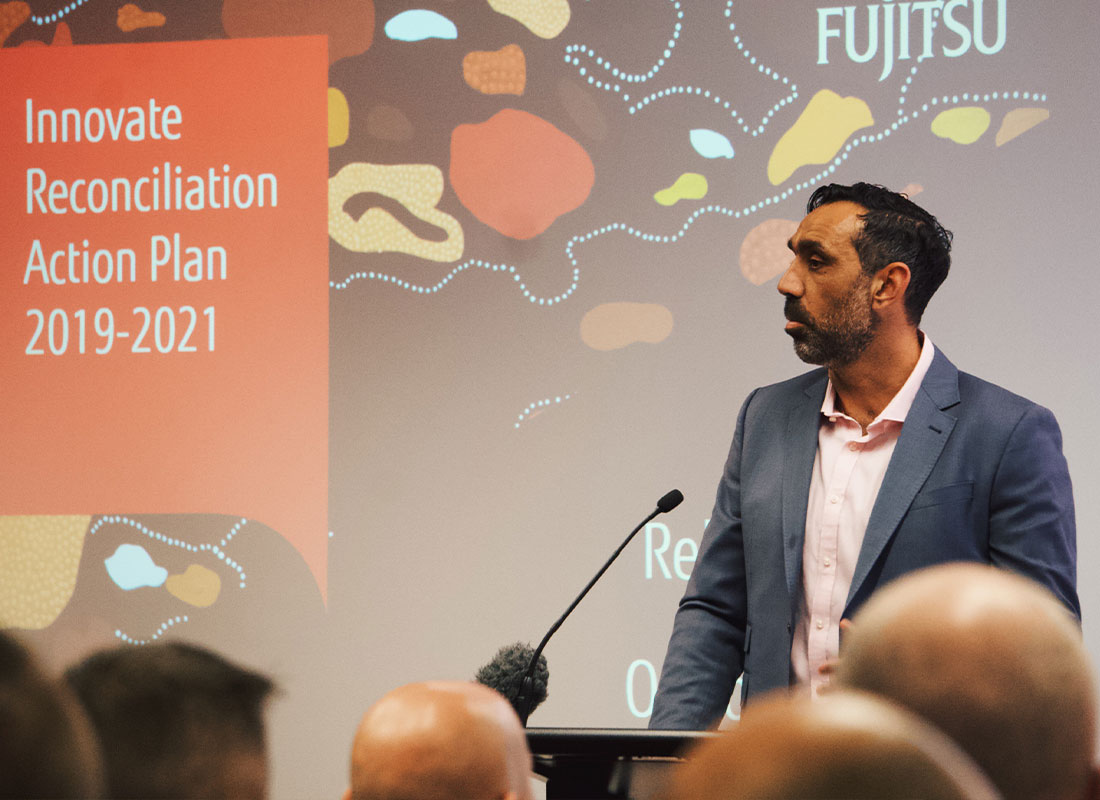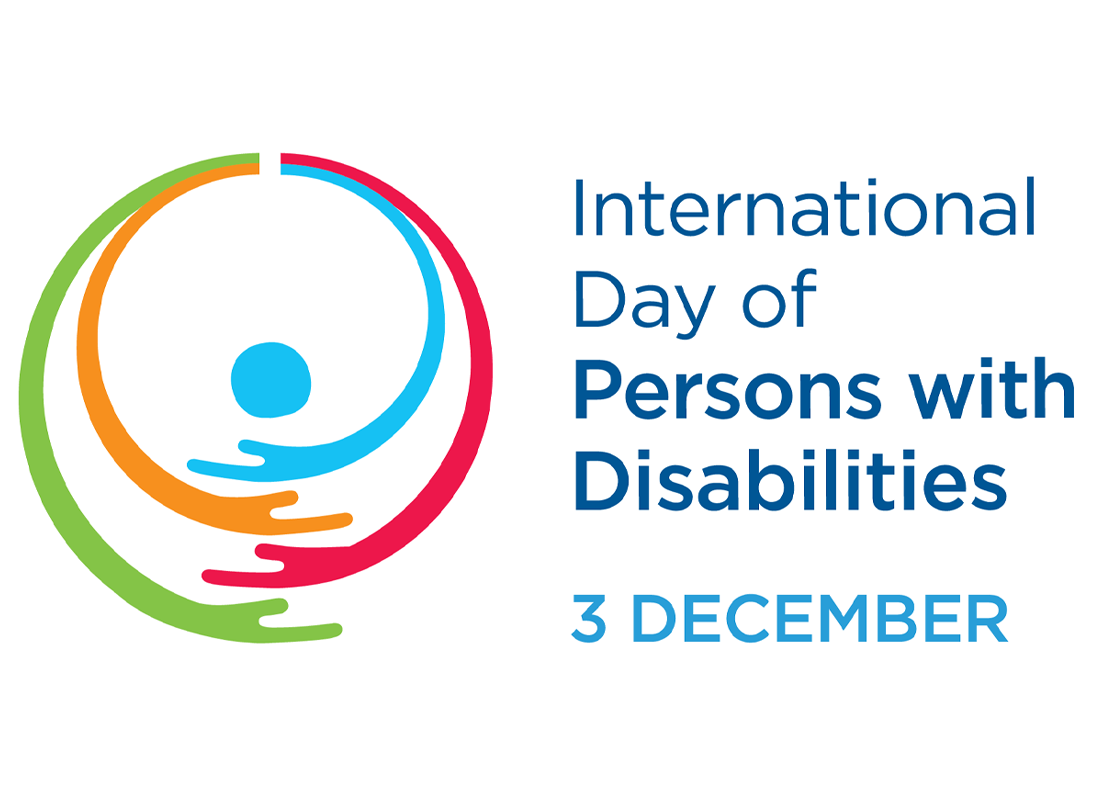
Incorporating Indigenous-owned businesses into corporate supply chains is one tangible way organisations can fulfil their responsibility towards creating an inclusive, equitable, and sustainable economy.
Fujitsu Oceania is committed to incorporating Indigenous-owned businesses into its supply chain. This commitment forms an important part of Fujitsu’s Reconciliation Action Plan (RAP). Earlier this year, we celebrated achieving cumulative $1M spent with Indigenous owned businesses, a milestone achieved after four years.
Today, we have achieved another milestone: the second $1M spent, and this time achieved in just eight months. With the launch of our Indigenous Supply Chain policy, we anticipate that our spending with Indigenous-owned businesses will only accelerate in the coming years, and have committed to some ambitious targets:
| JP Financial Year | Spend Target (Tier 1 suppliers) |
| 2019-2020 | $2,000,000 |
| 2020-2021 | $2,500,000 |
| 2021-2022 | $3,000,000 |
These targets measure our Tier 1 spend (suppliers within our direct supply chain). In our policy, we have also committed to working with our suppliers to encourage and support them to engage Indigenous owned businesses in their own supply chains (Tier 2 spend).
With its Indigenous supply chain policy, Fujitsu aims to:
1. Increase opportunities for Aboriginal and Torres Strait Islander-owned businesses
Fujitsu will provide a weighting for Indigenous procurement in its evaluation process and actively seeks opportunities for Indigenous procurement, giving Indigenous-owned businesses significant opportunities within Fujitsu’s supply chain.
2. Support Fujitsu’s customers to meet their supply chain inclusion targets
Many organisations have committed to diversity initiatives in their supply chains. Through embedding Indigenous owned businesses into our customer value chain, Fujitsu helps our customers meet their own supply chain inclusion targets.
3. Promote the importance of supply chain diversity
Supply chain diversity provides opportunities for economic empowerment for communities, and helps build resilience and innovation in supply chains. Fujitsu provides education and training to our staff to grow their capability and awareness of Indigenous procurement opportunities, and we are working on technology-enabled solutions to help promote diverse suppliers in our business.
Key partnerships
Fujitsu has two partnerships to help it achieve these supply chain aims as well as wider reconciliation goals:
- The Indigenous Defence & Infrastructure Consortium (iDiC). Fujitsu has partnered with the iDiC to embed Indigenous businesses into the way we operate, including Indigenous owned business as subcontractors in our customer contract, supporting growth of digital capability in the sector. The iDiC is a consortium of Indigenous-owned businesses that operates as a supply chain aggregator, servicing major defence, infrastructure and corporate clients in Australia.
- Supply Nation. Fujitsu is an existing member of Supply Nation. Supply Nation aims to grow the Aboriginal and Torres Strait Islander business sector through the promotion of supplier diversity in Australia.
Speaking about the launch of the Fujitsu’s Innovate RAP, Adam Goodes, CEO of iDiC and former Australian of the Year, said,
“Fujitsu has risen to the challenge of using its influence to help grow Indigenous capacity in the Australian ICT sector. We’ve been proud to work with Fujitsu to identify businesses that will deliver commercial and social value not only in its direct supply chain, but also in subcontracting work to Fujitsu’s customers. This will help build skills and employment opportunities for First Nations people in the digital economy of the future.”
Fujitsu is proud of the work done to date to advance its RAP and Indigenous supply chain and is looking forward to expanding its efforts in the future. For more information on Fujitsu’s RAP, visit our Responsible Business website.












